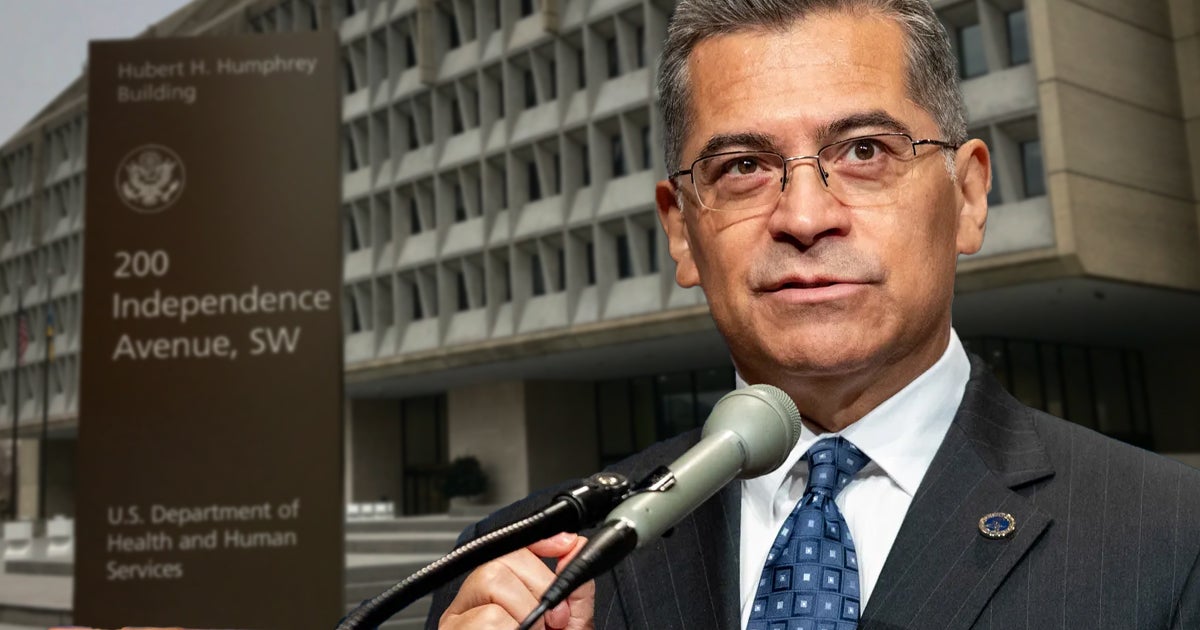
by First Liberty Institute • 5 min read
First Liberty recently submitted a public comment concerning a proposed federal rule that could negatively impact religious organizations who receive certain grants from the U.S. Department of Health and Human Services (HHS).
In July, HHS proposed a new rule regulating the distribution of grants. HHS has historically held that any program or organization receiving a grant may not discriminate based on religion, race, ethnicity or sex. The proposed rule would redefine “sex” to include sexual orientation and gender identity. While the proposed rule includes religious liberty protections, those protections are vague and do not provide any assurance that the government would respect a religious organization’s beliefs.
If implemented without stronger religious liberty protections, this rule would harm religious organizations that hold sincere convictions that humans are created in the image of God as male and female. These religious groups could be excluded from receiving many HHS grants.
Our comment explains that many faith traditions––from Anglicanism to Baha’i to Confucianism to Lutheranism to Judaism to Catholicism—hold millennia-old religious convictions that sex is an objective, binary category that cannot be changed by self-perception or medical intervention. Should this rule go into effect, it would force all of these religions to cease their work or cast aside their convictions. This could have devastating consequences for the communities and populations they serve. Our comment states:
“Faith-based organizations, buoyed by their conviction that their calling to serve is from God, are the only providers still offering their services to their communities…Forcing faith-based public service providers to choose between staying true to their faith and participating in Health and Human Services grants programs is both discriminatory to religious communities and harmful to those in need whom the faith-based providers cannot reach without an HHS grant.”
Take, for example, the Catholic Church, which offers shelters for domestic violence victims and shelters and services for child abuse victims. The U.S. Conference of Catholic Bishops submitted a public comment pointing out that they would have to change their operations in a way that would violate their beliefs if they were to comply with the new rule. Their letter explained:
“Some of those shelters are single-sex facilities for women, in order to offer an environment that is as safe and comfortable as possible for women who have been abused by men. Instead of offering agencies that operate these shelters flexibility to respond to the unique circumstances and needs of those in their care, the [rule] would arguably mandate them to house biological men who identify as women in single-sex facilities.”
In addition to the Catholic Church, the new rule would affect countless religious organizations all across the country—and thousands of vulnerable people they serve.
Some of the problems with the proposed religious liberty protections include:
This proposed rule change from HHS is another harmful product of the U.S. Supreme Court’s 2020 decision in Bostock v. Clayton County. The Court held that “discrimination based on sex” meant both “discrimination based on gender” and “discrimination based on sexual orientation.” Experts at First Liberty warned that Bostock would have a negative ripple effect on religious organizations––and this proposed HHS regulation confirms that prediction.
Religious social-service organizations in America should not be forced to violate their convictions. Using the administrative state to target, harass and punish people because of their religious beliefs is wrong. This vindictive approach betrays our historic commitment to religious liberty.
Faith-based charities and organizations should be free to serve their communities while staying true to their faith. These misguided policies hamper the ability of religious groups to help the most vulnerable and marginalized people among us.